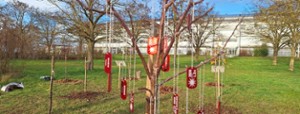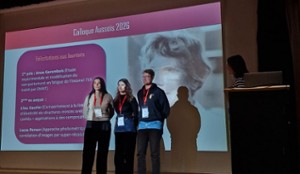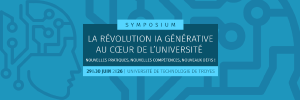In the same section
Automatic Mesh Generation & Advanced Methods
In addition to adaptive optimization and inverse problem solving methods, GAMMA3 has expertise in meshing and remeshing methods of the computational space, intended for the solution of partial differential equations by the Finite Element method or the Finite Volume method. The objective is always to be more efficient, faster and more accurate.
Research topics
Meshing Methodologies
- Anisotropy, variable topology, mobile and deformable geometries
- Higher order elements
Geometrical Modeling
- Topological skeleton, characteristic lines, geometrical support
- Specific geometries (granular structures, composites, …)
- 3D reconstruction and modeling for 3D printing
Advanced Computation and Simulation
- Mutiphysics and multiscales modeling, adaptive computation
- Error estimation, Field interpolation
- Optimization of systems, inverse problem resolution
- Applications in fluid dymamics, solid mechanics, electromagnetics, energetics, material physics
Sino-French Institute of Computing Technology for Advanced Materials (CTAM)
Sino-French Institute of Computing Technology for Advanced Materials (CTAM) is a laboratory between UTT/GAMMA3 and SJTU/SKLMMCs. It focuses on the modelling and simulation for advanced material. The CTAM is supported by advanced modelling technologies and numerical simulation tools in UTT/GAMMA3, and the advanced material preparations technologies and material test in SJTU/SKLMMCs.
Softwares

Technological Platforms
GAMMA3 has two technological platforms. The first one is dedicated to the digitization of 3D objects with several tools in order to produce discrete geometries (point cloud) which are used for simulations. The second platform produces objects from 3D printers and thus simulations. The manufacturing process of hollowed objects with complex shapes is also addressed.
Contact
News
- Les doctorants de l’UTT agrandissent le Jardin des thèses : Plantation de 10 pommiers supplémentaires le 20 février 2026February 9, 2026ElliDoc, l’association des doctorants et jeunes chercheurs de l’UTT, en partenariat avec le Syndicat cidricole du pays d’Othe, lance une nouvelle session de plantation d’arbres dans le Jardin des thèses, vendredi 20 février 2026 à 11h. En présence des personnels de l’UTT, des représentants du Syndicat cidricole du pays d’Othe, des membres de l’association "Les Croqueurs de Pommes®" et du Pôle d’Équilibre Territorial Rural (PETR) Othe-Armance, les doctorants de l’UTT planteront 10 pommiers à côté de la forêt Miyawaki.
- Des matériaux plus résistants : une doctorante du LASMIS remporte le prix du meilleur poster à MECAMAT 2026February 6, 2026Anna Garambois, doctorante en troisième année au sein de l’unité de recherche LASMIS de l’Université de technologie de Troyes (UTT), en collaboration avec l’ONERA (Office national d’études et de recherches aérospatiales), a remporté le prix du meilleur poster lors du colloque MECAMAT 2026, organisé à Aussois du 19 au 23 janvier 2026.
- Symposium sur l’IA générative au cœur des universitésJanuary 30, 2026Les 29 et 30 juin 2026, l’Université de technologie de Troyes organise et accueille le Symposium "Révolution de l’intelligence artificielle générative au cœur des universités : nouvelles pratiques, nouvelles compétences, nouveaux défis !", en partenariat avec le Groupe UT, l’alliance européenne EUT+ et ses partenaires académiques et industriels.






